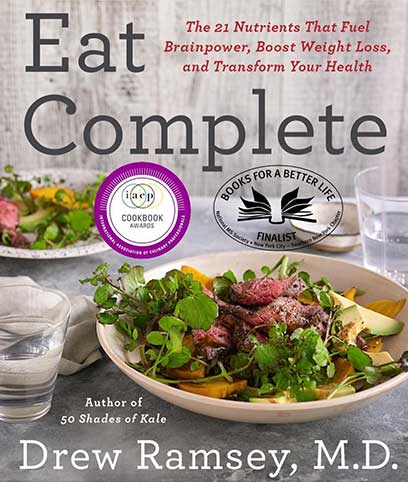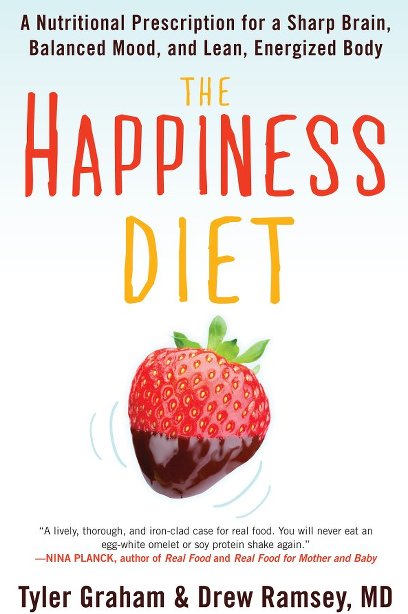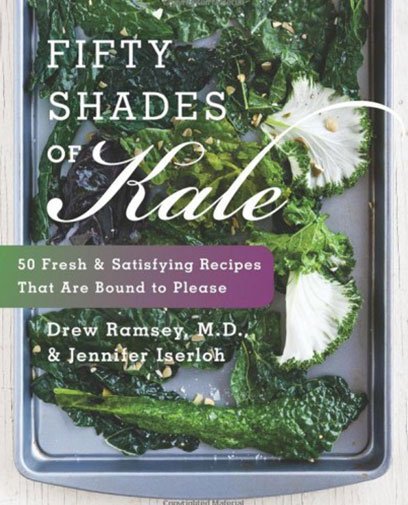Less reported is the link between trans fat and depression. Published in Feb 2011, this study nicely connects these industrial fats and depression: those who ate the most trans fats were 42 percent more likely to get depressed. The results were also linear, which meant that even eating lower levels of trans fat increased a person’s risk.
| Authors | A.K. Halyburton, G.D. Brinkworth, C.J. Wilson, M. Noakes, J.D. Buckley, J.B. Keogh, P.M. Clifton |
| Institution | Commonwealth Scientific and Industrial Research Organisation–Human Nutrition |
| Publication Name | The American Journal of Clinical Nutrition |
| Publication Date | September 2007 |
Emerging evidence relates some nutritional factors to depression risk. However, there is a scarcity of longitudinal assessments on this relationship.
Objective: To evaluate the association between fatty acid intake or the use of culinary fats and depression incidence in a Mediterranean population.
Material and Methods: Prospective cohort study (1999-2010) of 12,059 Spanish university graduates (mean age: 37.5 years) initially free of depression with permanently open enrolment. At baseline, a 136-item validated food frequency questionnaire was used to estimate the intake of fatty acids (saturated fatty acids (SFA), polyunsaturated fatty acids (PUFA), trans unsaturated fatty acids (TFA) and monounsaturated fatty acids (MUFA) and culinary fats (olive oil, seed oils, butter and margarine) During follow-up participants were classified as incident cases of depression if they reported a new clinical diagnosis of depression by a physician and/or initiated the use of antidepressant drugs. Cox regression models were used to calculate Hazard Ratios (HR) of incident depression and their 95% confidence intervals (CI) for successive quintiles of fats.
Results: During follow-up (median: 6.1 years), 657 new cases of depression were identified. Multivariable-adjusted HR (95% CI) for depression incidence across successive quintiles of TFA intake were: 1 (ref), 1.08 (0.82-1.43), 1.17 (0.88-1.53), 1.28 (0.97-1.68), 1.42 (1.09-1.84) with a significant dose-response relationship (p for trend = 0.003). Results did not substantially change after adjusting for potential lifestyle or dietary confounders, including adherence to a Mediterranean Dietary Pattern. On the other hand, an inverse and significant dose-response relationship was obtained for MUFA (p for trend = 0.05) and PUFA (p for trend = 0.03) intake.
Conclusions: A detrimental relationship was found between TFA intake and depression risk, whereas weak inverse associations were found for MUFA, PUFA and olive oil. These findings suggest that cardiovascular disease and depression may share some common nutritional determinants related to subtypes of fat intake.








